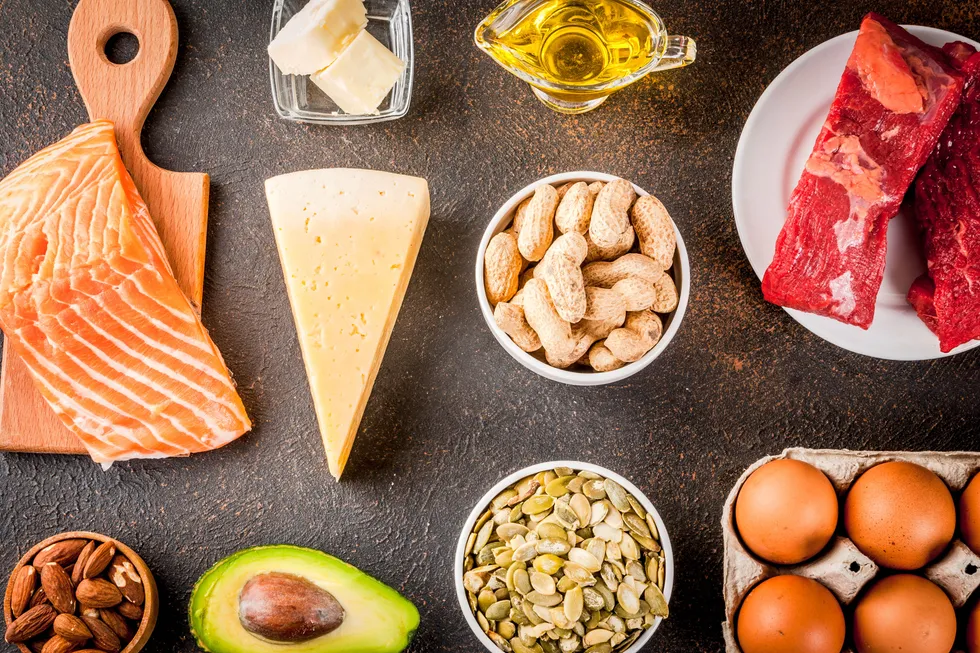By Nicole Nankya
During fasting, we start drawing on our fat deposits, but not all of our body parts are capable of burning fat, so the immune system causes the liver to metabolise these fats to produce ketone bodies. These energize the body, allowing it to continue functioning.
Ketones are built up acids in the blood which are produced by fatty acid oxidation in the liver. The three types of ketones are hydroxybutyrate, acetoacetate, and acetor.
They have both positive and negative impacts on the body, but the major ones are being an alternative source of energy for the body, the brain, and playing a role in the weight loss process.
They are able to effectively play these roles because they can cross the blood-brain barrier to provide energy for the brain in the absence of gulcose.
Then during fasting, the body starts drawing on our fat deposits that are oxidized in the liver to produce these ketones that energisee the body, allowing us to function even if we don’t eat anything.
In addition, in the weight loss process, some people follow a ketogenic diet that focuses on reducing the carbohydrate intake in their food so that the body begins to burn fat instead.
People that embark on a ketogenic diet after consulting a health care provider are told to eat 20 to 50 grams of carbs per day. They are also advised to remove or reduce the most carbohydrate-rich foods such as potatoes, fruits, among others.
The other benefits include acting like oxidants, preserving muscles and stimulating mitchondrial production, among others.
The negative impact of ketones for those people that embark on the ketogenic diet is hypertension due to the intake of ketone salts that contain sodium, which could be dangerous if a person has high blood pressure.
There are also cases of dehydration due to the intake of ketone supplements. The other negative side effects are electrolyte imbalances in the body and cardiovascular disease, among others.
Fasting is abstaining from all or some kinds of food or drinks, especially as a religious observance. This is done by both Christians and Moslems.


